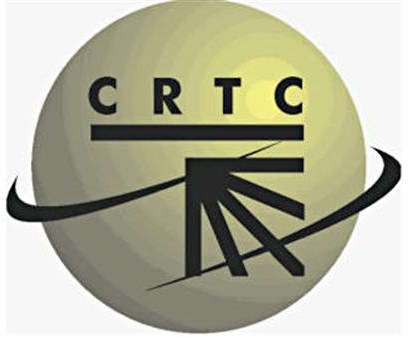 It took months of consultations, hearings and visceral consumer feedback, but the new wireless code of conduct released today by the CRTC has put an end to the carriers’ practice of sticking to three-year contracts and clarified some rules about unlocking and roaming. The new rules take effect on December 2.
It took months of consultations, hearings and visceral consumer feedback, but the new wireless code of conduct released today by the CRTC has put an end to the carriers’ practice of sticking to three-year contracts and clarified some rules about unlocking and roaming. The new rules take effect on December 2.
The CRTC no doubt bowed to some public pressure to force the carriers to abandon three-year contracts, as that is the most significant aspect of the new code. It’s unknown how the carriers will implement this, particularly if some consumers prefer to wait till December to sign a new contract in order to ensure they have the right protections in place.
Under the new rules, a user can cancel after two years are up with no cancellation fee. While the code doesn’t explicitly ban three-year contracts, the fact customers can leave after two years without a penalty might be enough incentive to force carriers to eventually begin offering phones on two-year contracts, much like carriers in the U.S. already do. It’s just not clear if that will happen before or after December 2, as they haven’t commented publicly as of this report.
It should be noted that a phone’s subsidy has to be paid off to cancel, even at the two-year point. So, for example, a Samsung Galaxy S4 purchased for $149.99 on a three-year term would have to be paid off in full ($400-$500 outstanding), but the carriers might opt to just raise the initial price of the phone from the outset and then roll out the subsidy over a two-year span. This is similar in concept to the tab system some of the carriers had already launched in Canada.
As for phone unlocking, users can get their phones unlocked immediately if they’ve paid the full cost for their phone. If purchased on a contract, carriers have a 90-day buffer zone before they will unlock it. The code doesn’t limit what carriers can charge for that service, but it’s not a major oversight, given how easy it is to find alternatives.
Roaming has been altered, but only slightly. There are no talk, text and data rate caps, so the code instead imposes an overall cap of $100 for international or national data roaming and $50 for overage fees. Carriers can only charge extra if they have asked for permission first and received approval.
Contracts have also changed a little in that they will be more clear-cut about the details and consumers will have more say in changes made to the key terms of the deal. In addition, consumers can try out a device and return it within 15 days if unhappy with it.
We will look over the details and update you as we figure out more of the clauses and changes contained in the new code.



